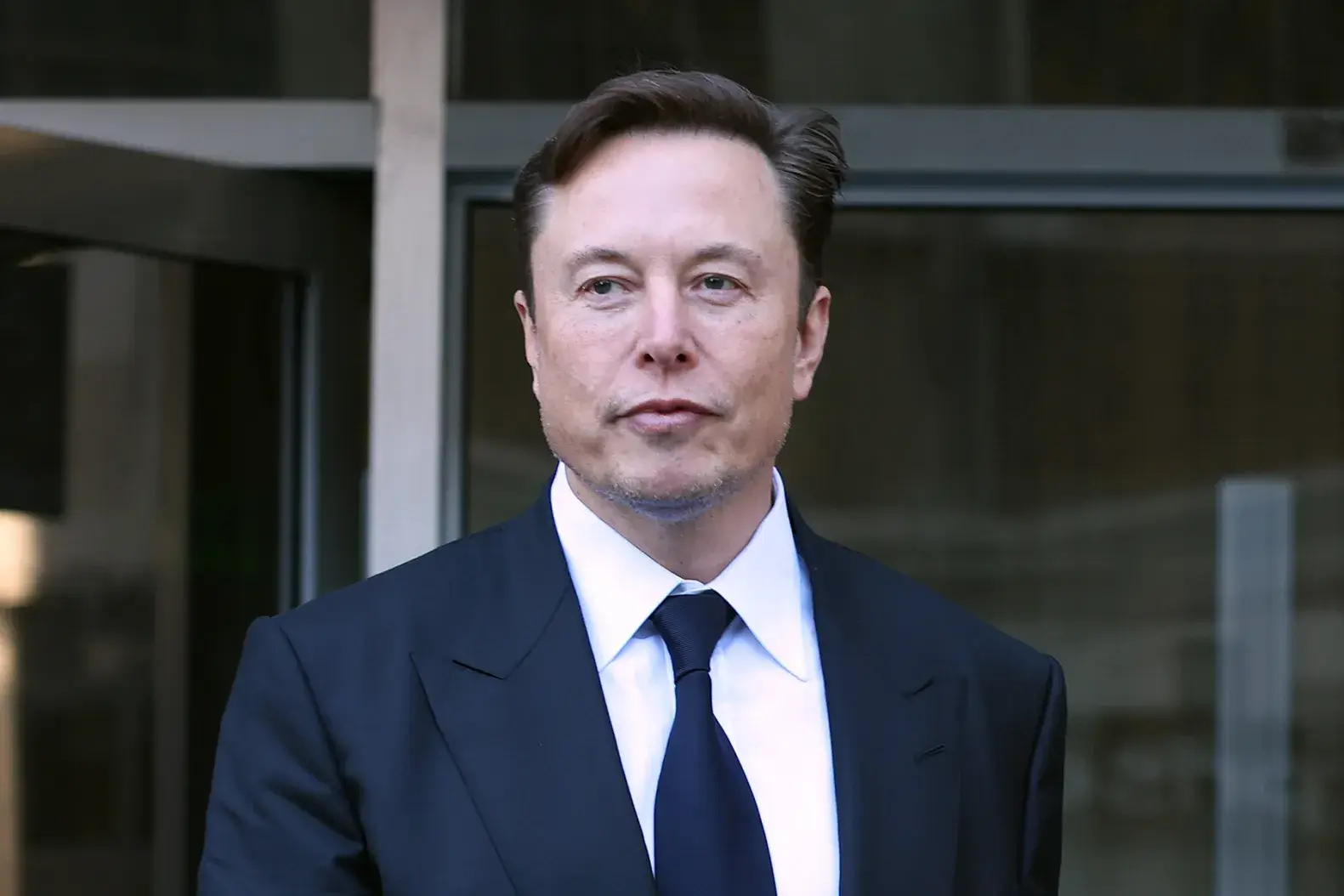The rapidly escalating feud between former allies Donald Trump and Elon Musk has sent shockwaves through the technology and political landscapes, raising serious questions about potential billion-dollar losses for both parties. What began as a strategic partnership has devolved into a bitter public conflict, triggered by Musk's opposition to Trump's latest economic policies and a controversial spending bill. The fallout has already impacted Musk's vast business empire, with significant repercussions for Tesla, SpaceX, and even his ventures into artificial intelligence and social media.
The immediate financial impact has been substantial. Following the eruption of the feud, Tesla's stock experienced a sharp decline, wiping out billions in market value. Analysts have pointed to the uncertainty surrounding Tesla's future, particularly concerning regulatory credits and the potential loss of government support for electric vehicle tax credits, as key factors driving investor unease. The Morgan Stanley Bank study showed that 85% of investors saw Musk's involvement in politics as a major detriment to his companies. Beyond Tesla, SpaceX, a major player in the aerospace industry with significant government contracts, faces the direct threat of funding cuts. Trump himself has publicly mused about canceling billions of dollars in contracts awarded to Musk's companies, a move that would severely impact SpaceX's launch capabilities, space missions, and Starlink satellite projects.
However, the potential losses extend beyond mere financial metrics. The conflict also jeopardizes key aspects of Musk's long-term technological ambitions. Trump's support was perceived as crucial for realizing Musk's vision of fully autonomous vehicles in the United States, a vision previously hampered by regulatory hurdles. The development and deployment of Tesla's robotaxis, for example, now face an uncertain regulatory landscape. Furthermore, Musk's other enterprises, including AI company xAI and Neuralink, could also suffer if Trump decides to target them through agencies like the Food and Drug Administration.
The feud also presents considerable risks for Trump and the U.S. government. Cutting off SpaceX, for instance, could disrupt critical space programs, as the company is the sole U.S. entity capable of transporting crews to and from the International Space Station. Finding alternative solutions could be challenging and costly, potentially delaying future space exploration endeavors. The conflict also raises questions about the stability and predictability of government contracts, potentially deterring innovation and investment in strategic sectors.
While the long-term consequences remain uncertain, the clash between Trump and Musk serves as a stark reminder of the intricate relationship between technological innovation, political power, and economic interests. The feud highlights the potential vulnerabilities of companies heavily reliant on government contracts and regulatory support, and the risks associated with high-profile figures engaging in partisan politics. It remains to be seen whether the two can find a path toward reconciliation, or whether their costly feud will continue to escalate, leaving both sides facing significant financial and strategic setbacks.

















